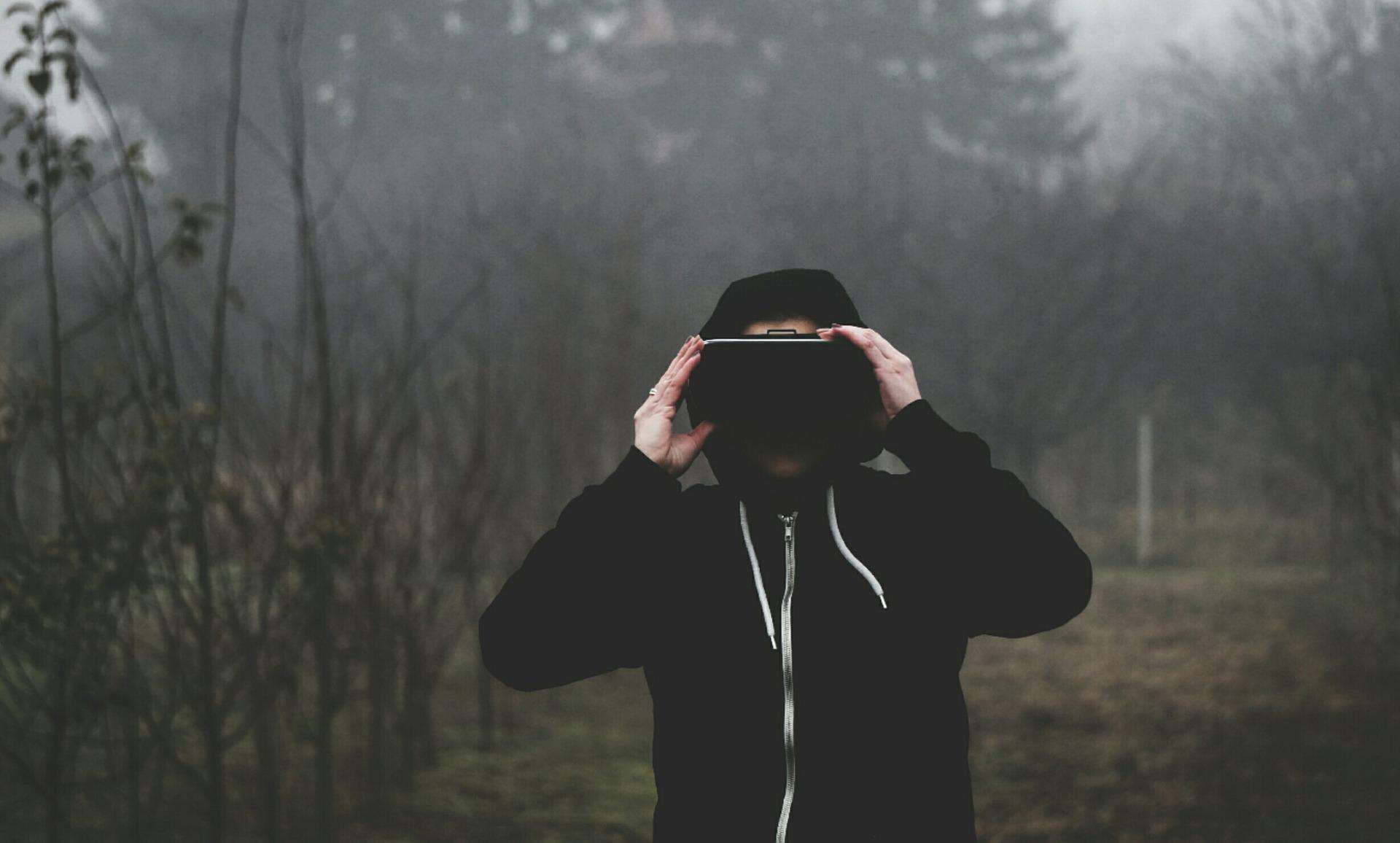When Mark Zuckerberg broadcast an hour-long video introducing the metaverse in February this year, people were divided. Referred to as “the future of the internet,” the metaverse, still in its infancy, is polarising.
Note: This piece was originally published in Business & Finance magazine, vol. 59, no. 2, available to read, with compliments, here.
Written by Ciaran Brennan
The meta world is where internet 3.0, blockchain and virtual reality intersect and, accelerated by the pandemic and remote working, the prospect of a meta world has been met with controversy.
Some have hailed meta as the next big step for humanity. It is a technological advancement we scarcely thought believable just a decade ago, but now it is here. Paired with the recent NFT craze, the boundaries of reality are being pushed by meta.
Assistant Professor of digital business at Dublin City University, Baidyanath Biswas, shed some light on the metaverse. He reckons there are some business-specific use cases such as virtual board meetings and a more immersive remote working environment which arise from meta.
Real money will be spent on digital products. As money is poured into the digital world, real-world companies may suffer as they lose paying customers to meta.
Companies were buckled by the pandemic, but meta arrived as a potential remedy to the restrictions imposed on businesses, capitalising on the global standstill. As real-life businesses suffered, meta grew, and this may continue.
The more money that is spent in the meta world, the less money invested in real-world businesses. This will be exacerbated by the implementation of the metaverse.
“Economies need a big investment to come back to pre-pandemic times,” says Biadyanath. “Real investment in the real market is required.” This has slowed due to money being spent in the meta world.
“That is a problem. That is a big-time problem,” he adds. Baidyanath posits that the latest tech marvel may contribute to the divide between rich and poor: “Digital divide is going to create more of a social divide between the two classes of people as well. That is a big fear.”
Meta currently resides in a couple of elitist pockets of the internet and has not yet been implemented in the mainstream.
A new era?
Cryptocurrency and blockchain were touted to change finance and trading forever. After a decade, they still have not become the mainstream, and Baidyanth thinks this is a key indicator of meta’s potential success.
“Blockchain and cryptocurrency still have the same problems they had a decade ago. They still haven’t been brought up into mainstream trading. They have remained as an elusive and elite group of traders.”
“I don’t believe it’s going to be a huge success,” he says.
The first barrier that Baidyanath identifies for the metaverse is the “infrastructural limitations” the platform has. Expensive equipment like VR goggles and meta software will be required. It will be difficult to justify spending money on virtual reality if you can’t take care of real reality. Baidyanath says that time will tell, despite his scepticism:
“I don’t see many other companies plunging into the metaverse apart from Facebook and a few other companies that are selling NFTs in the meta world. Maybe after the pandemic relaxes, other companies might come in.”
“It’s too early to tell now.”



